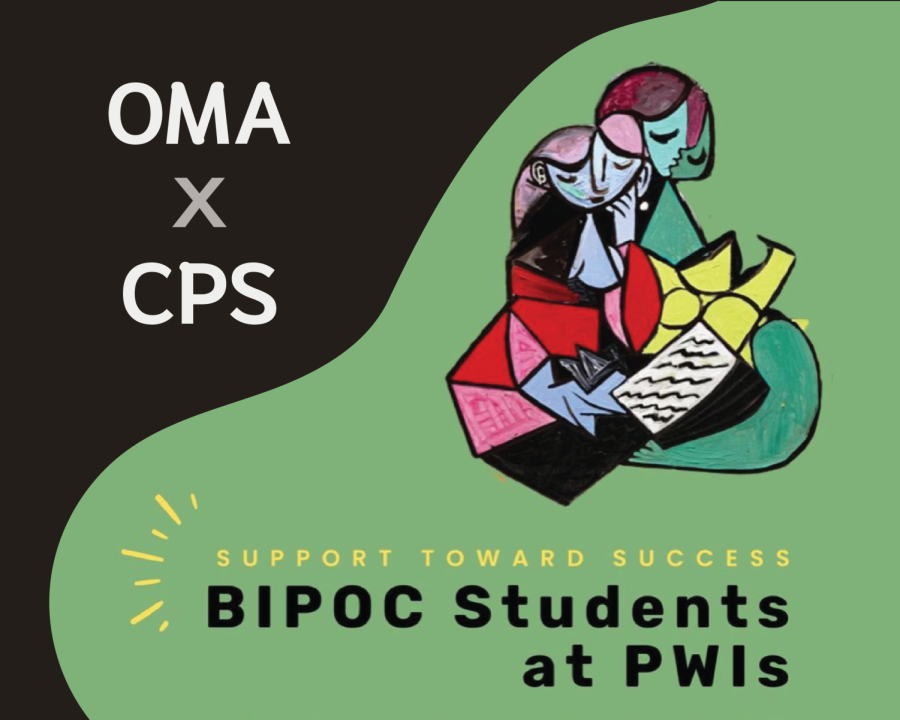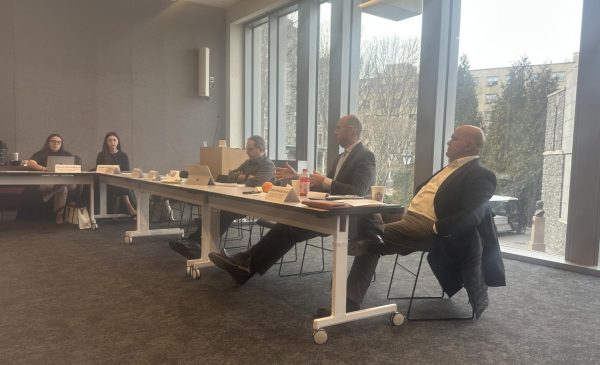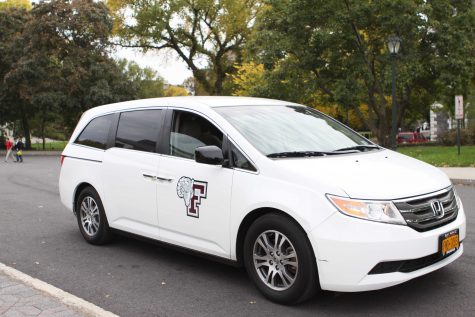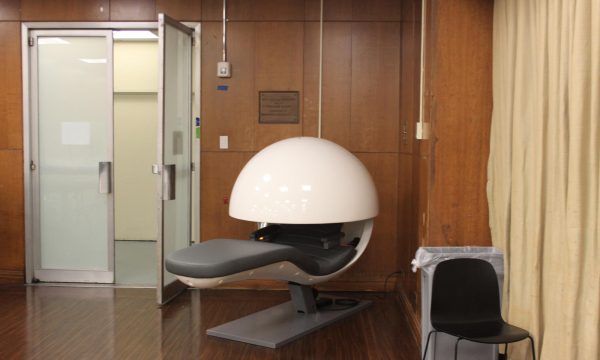OMA and CPSs new “BIPOC Students at PWIs” Group
The Office of Multicultural Affairs (OMA) and Counseling and Psychological Services (CPS) are partnering in a new initiative that aims to help students of color feel more comfortable at Fordham. The group focuses on Black, Indigenous and people of color (BIPOC) undergraduate and graduate students’ experiences at Fordham, a predominantly white institution (PWI). According to the flier put out by CPS and OMA, the group is called “BIPOC Students at PWI,” and it aims to provide these students with a space to discuss “their experiences of race and culture in environments that lend themselves to marginalization, discrimination (othering), discomfort and opposing perspectives.”
The group meets on Mondays at 4 p.m. in the OMA office in the McShane Campus Center. According to the group’s social media flier, “students will find support, solidarity, understanding, alternate ways of viewing their experience and suggestions from other members.”
According to experts, students of color often have higher rates of psychological distress than their white peers at predominantly white colleges and universities. According to Higher Education Today, things like microaggressions, racism, cyberbullying and feelings of isolation “often [from] vast differences between home culture and [the] environment [of] school” can all contribute to the different experiences of white students and students of color.
In a joint statement to the Ram, Jeffery Ng, Ph.D., director of CPS, and Kevin Foster, Ph.D, coordinator for diversity, inclusion and social justice initiatives at CPS, explain that it is important to create a group for students of color to talk about issues like these because they are systemic.
“[BIPOC Students at PWI is] important because racial biases and inequities continue to persist in our world on a systemic, institutional and interpersonal level,” said Ng and Foster.
Additionally, they claim that addressing these differences between students of color and white students’ experiences in a group setting is beneficial because it allows students to have a safe space where they can share things that they may not be comfortable sharing in other places.
“It can be beneficial in a variety of ways. BIPOC students, for example, can benefit from having a confidential and safe space to share and process their experiences of attending a PWI or navigating race-based stressors. Furthermore, their experiences will be validated by their peers, which can mitigate impostorism/invisibility and promote a sense of belongingness and community,” said Ng and Foster.
CPS joined OMA in this project because students can have serious mental health issues due to the stresses that come with being a student of color at a PWI. According to Ng and Foster, a group like this can have a positive psychological impact and it provides students with a like-minded community.
“Belongingness and community are significant protective factors for our mental health and well-being. Additionally, learning and practicing skills for navigating and coping with stressors increases resiliency, which also contributes to our mental health and well-being,” said Ng and Foster.
This is not the first time OMA and CPS have collaborated. According to Ng and Foster, the two departments often meet up to find ways to support students.
“CPS and OMA communicate and collaborate with each other on an ongoing basis to develop and implement initiatives that focus on supporting historically marginalized and under-represented students,” said Ng and Foster.
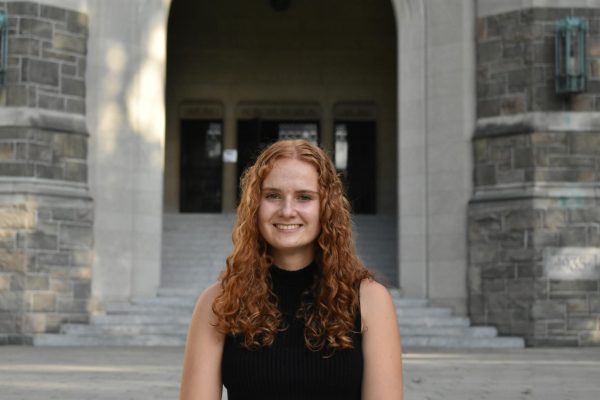
Isabel Danzis is a senior from Bethesda, Md. She is double majoring in journalism and digital technologies and emerging media. The Ram has been a very...





































































































































































































